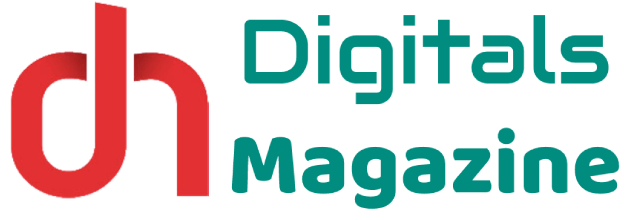Recent years have witnessed an unforeseen shift in work culture, with remote work emerging as an influential and transformative force. The global pandemic accelerated this adoption process by forcing businesses and employees alike to adjust to a different way of operating. Statistics show that 61.9% of businesses planned on transitioning directly after.
As remote work continues to evolve, its future promises even greater changes. This article delves into its ever-evolving dynamics as well as the adaptations necessary to successfully navigate this paradigm shift.
Technology as the Catalyst for Change
One of the key drivers behind remote work’s rise is technological progress. Thanks to communication and collaboration tools like video conferencing, project management software, and cloud-based collaboration platforms, remote work has never been more feasible, nor productive or connected. Video calls between employees on separate teams working virtually have become essential features of life in modern offices.
As technology develops further, more sophisticated collaboration tools may emerge that simplify remote collaboration and facilitate teams working regardless of physical distance constraints.
Remote Tracking Tools: The Emerging Norm
In the evolving landscape of remote work, tracking tools have become increasingly prevalent. As organizations adapt to distributed workforces, top-tier remote PC monitoring software provides insights into employee productivity, work patterns, and task completion.
With a mere click on the on/off button, employees can initiate their workday using the tracking tool. Once tasks are completed, a simple shutdown prevents privacy breaches and the feeling of vulnerability. These tracking tools play a vital role, enabling managers to assess if employees require additional time or assistance with specific tasks, facilitating effective supervision and support.
Redefining Work-Life Balance
Remote work has complicated traditional boundaries between work and personal life. While its flexibility provides custom schedules, it has challenged conventional notions of work-life balance.
As we move forward, it becomes ever more essential that clear boundaries need to be set to prevent burnout and ensure employee well-being. Companies will need policies in place that foster flexibility while upholding personal time away from work and personal life priorities.
Recognizing that 40 hours a week are sufficient to accomplish tasks is key to avoiding burnout and excessive overtime can become counterproductive. If the workload exceeds team capacity, considering adding new members can provide an effective means of maintaining an ideal work environment.

Shaping the Future Workforce
The future of remote work will have a profound impact on the composition of the workforce. Geographical constraints will matter less, enabling companies to tap into a global talent pool.
This shift towards a more decentralized workforce necessitates a reevaluation of hiring processes, onboarding procedures, and team dynamics. Companies must adapt to diverse cultural backgrounds, time zones, and communication styles to foster an inclusive and collaborative work environment.
Navigating the Challenges of Remote Leadership
Leadership in remote work environments demands specific abilities. Without physical proximity to teams or employees, leaders must develop expertise in leading virtually and creating an atmosphere of belonging among team members while effectively communicating information across their organizations.
With organizations increasingly adopting hybrid models where some employees work in-office while some remain remote, leaders face unique challenges of meeting varied employee expectations while balancing different needs and meeting organizational goals through developing effective remote leadership strategies.
Fostering a Culture of Trust and Accountability
Attracting and keeping employees within remote work environments requires building trust through empowerment. Without direct supervision, employees need to feel they have ownership over their tasks while leaders trust in their delivery.
Establishing clear expectations, setting measurable goals, and giving regular feedback all contribute to cultivating an atmosphere where teams thrive resulting in higher productivity and job satisfaction for companies that prioritize these aspects of culture building and employee management.
Bottom Line
The future of remote work lies ahead, defined by technology, an evolving workforce, and leadership dynamics as well as an environment characterized by trust and accountability. As we adapt to these changes, the key lies in accepting flexibility while upholding effective collaboration and communication. Remote work isn’t simply an answer to external pressure; rather it represents a fundamental change in how we view work. By approaching these changes thoughtfully, both businesses and individuals alike can unlock the full potential of remote work for greater resilience, inclusivity, and innovation in the modern workplace. Recognizing this development is not simply an option but essential in staying competitive and relevant today.
Read Also: Bitcoin FintechZoom



